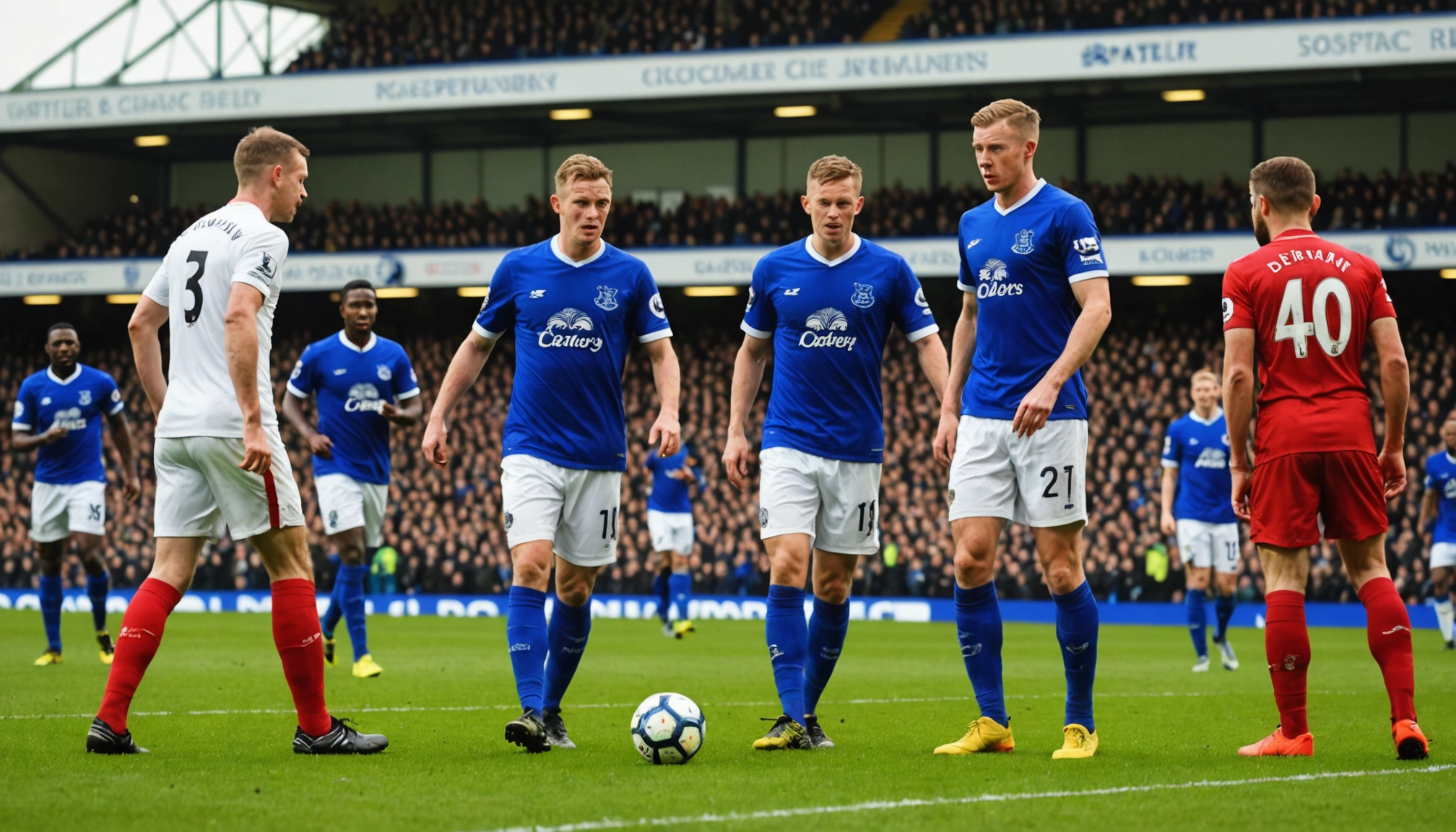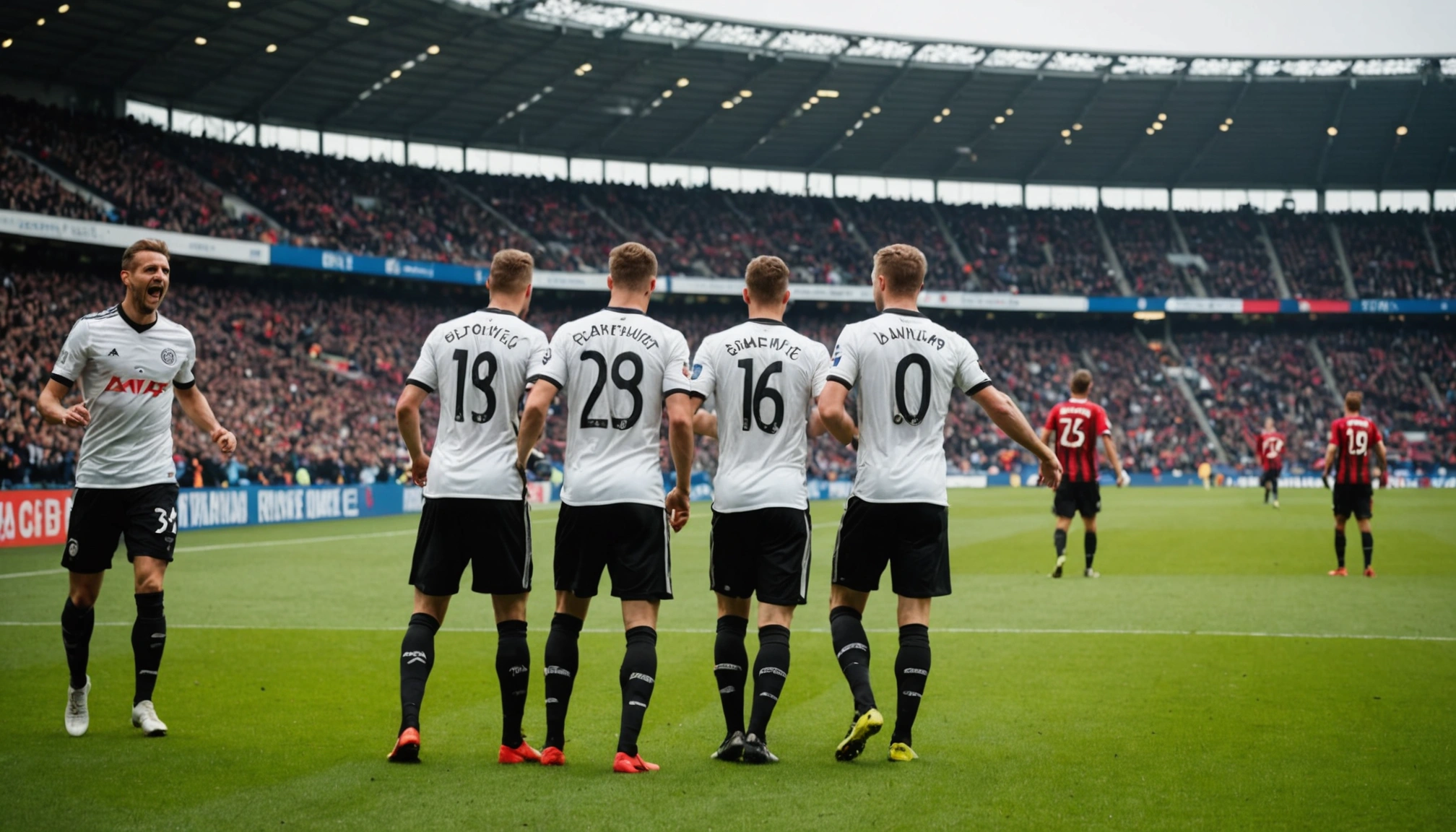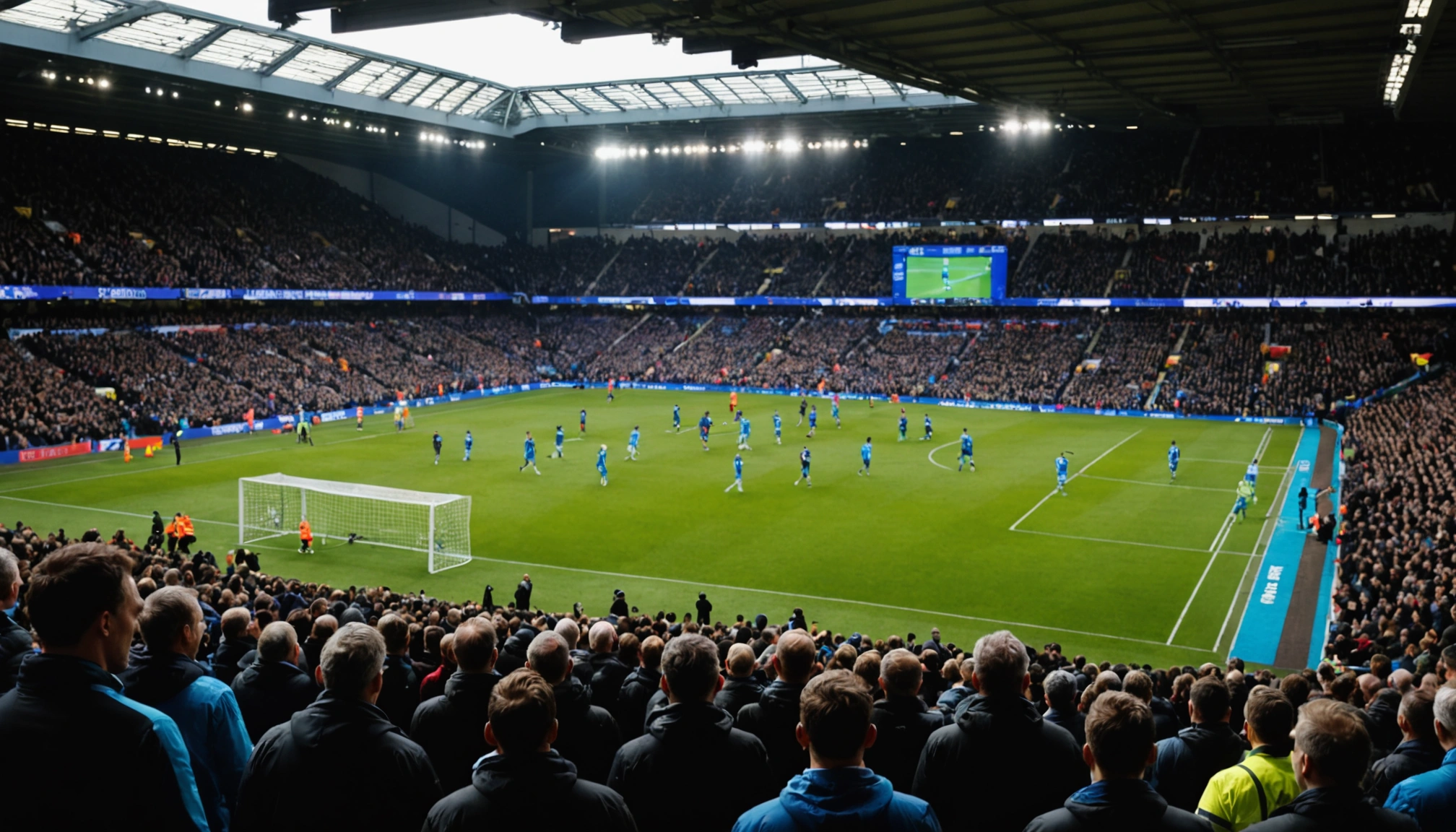Why Was Dewsbury-Hall Booked In The Merseyside Derby?
Explore why Kiernan Dewsbury-Hall was booked for a quick free-kick in the Merseyside derby, understanding the rules and controversies behind the decision.

By Editorial
Introduction To The Booking Incident In The Merseyside Derby
The recent Merseyside derby between Everton and Liverpool sparked intense debate after Everton's Kiernan Dewsbury-Hall was booked for taking a quick free-kick. This decision baffled players, managers, and fans alike, with Jack Grealish openly criticising referee Darren England's call. But what exactly led to the booking, and how does the law of the game address such situations?
What Happened During The Incident?
The controversy occurred in the 78th minute when Everton's Jack Grealish was fouled by Liverpool's Curtis Jones. Grealish stayed down injured, prompting the game to halt temporarily. However, just 29 seconds later, Dewsbury-Hall quickly took the free-kick without the referee's whistle or apparent readiness. Referee Darren England was not facing Dewsbury-Hall at the moment, yet he proceeded to brandish a yellow card against the Everton midfielder.
The Reactions From Players And Manager
Jack Grealish expressed disbelief, stating he had "never seen that in my life". Meanwhile, Everton manager David Moyes described some of the referee's decisions during the game as "really strange". Moyes referenced other recent matches where quick free-kicks were taken without the referee's explicit whistle, suggesting inconsistency in officiating standards.
Understanding The Laws Of The Game Regarding Quick Free-Kicks
The International Football Association Board (IFAB), which governs football laws, clarifies that quick free-kicks do not require a referee's whistle to proceed. However, there are strict conditions for a quick free-kick to be valid:
- The ball must be stationary at the correct position.
- No player should be injured on the pitch.
- The referee must not be distracting or interfering with the restart.
In this case, because Grealish was down injured, the referee likely deemed the quick free-kick inappropriate without his permission, hence the booking of Dewsbury-Hall for unsporting behaviour.
Disciplinary Grounds For The Booking
IFAB's Law 12.4 allows referees to caution players for dissent, unsporting behaviour, or showing lack of respect towards the game. Dewsbury-Hall’s quick free-kick, taken while an injured player was receiving treatment and without the referee’s acknowledgement, was interpreted as disrespectful to the game's flow and safety protocols.
Why The Decision Sparked Controversy
Many experts and fans argue that quick free-kicks are a tactical element designed to maintain game tempo and catch opponents off guard. Historically, referees have allowed such restarts without explicit whistles, provided the ball and positioning are correct. The decision to book Dewsbury-Hall contradicts this tradition, raising questions about consistency in refereeing standards in Premier League matches.
For context, refereeing decisions increasingly face scrutiny as players and managers demand clarity and fairness. This incident echoes similar debates, such as the controversial disallowed free-kick for Eberechi Eze against Chelsea, highlighting the fine line referees walk in enforcing laws without disrupting match flow.
The Role Of Referees In Managing Quick Free-Kicks
Referees must balance game control with allowing fair play. While quick free-kicks are permitted, referees retain discretion to halt play if they believe a player is taking unfair advantage or if an injured player requires attention. In the Merseyside derby, England’s decision underscored the challenge officials face in high-stakes games where tensions and stakes are elevated.
Such decisions impact team strategies and player behaviour. Managers often instruct players on when to exploit quick restarts or when caution is necessary to avoid bookings that could affect match outcomes.
Lessons For Players And Fans From The Incident
This episode serves as a reminder that understanding the nuances of football laws is essential for players and fans alike. While quick free-kicks can be an effective tactic, they must be taken with awareness of the referee’s control and the match situation.
Fans keen to stay updated on Premier League fixtures and regulations can refer to comprehensive guides like the Premier League Scores And Fixtures Guide 2024 25 Season to follow match developments closely.
Conclusion: The Importance Of Clear Communication In Football
The booking of Kiernan Dewsbury-Hall highlights the critical need for clear communication between referees, players, and managers. While the laws permit quick free-kicks, referees’ interpretations remain pivotal. Enhancing referee transparency and consistency will help reduce controversies and maintain football’s spirit.
As debates around officiating continue, fans and players can look forward to evolving discussions on football laws, much like the ongoing conversations about player conduct and refereeing decisions across the Premier League and beyond.
For more insightful sports analysis and updates, explore related content such as Michael Owen Vs Wayne Rooney The Teenage Goal Scoring Debate.
Related topics
Editorial
Sports expert at SportsScoop
Specialist in sports analysis and journalism
Related articles
Want to read more?
Explore our comprehensive collection of sports articles and analysis, or contact us for more information.



